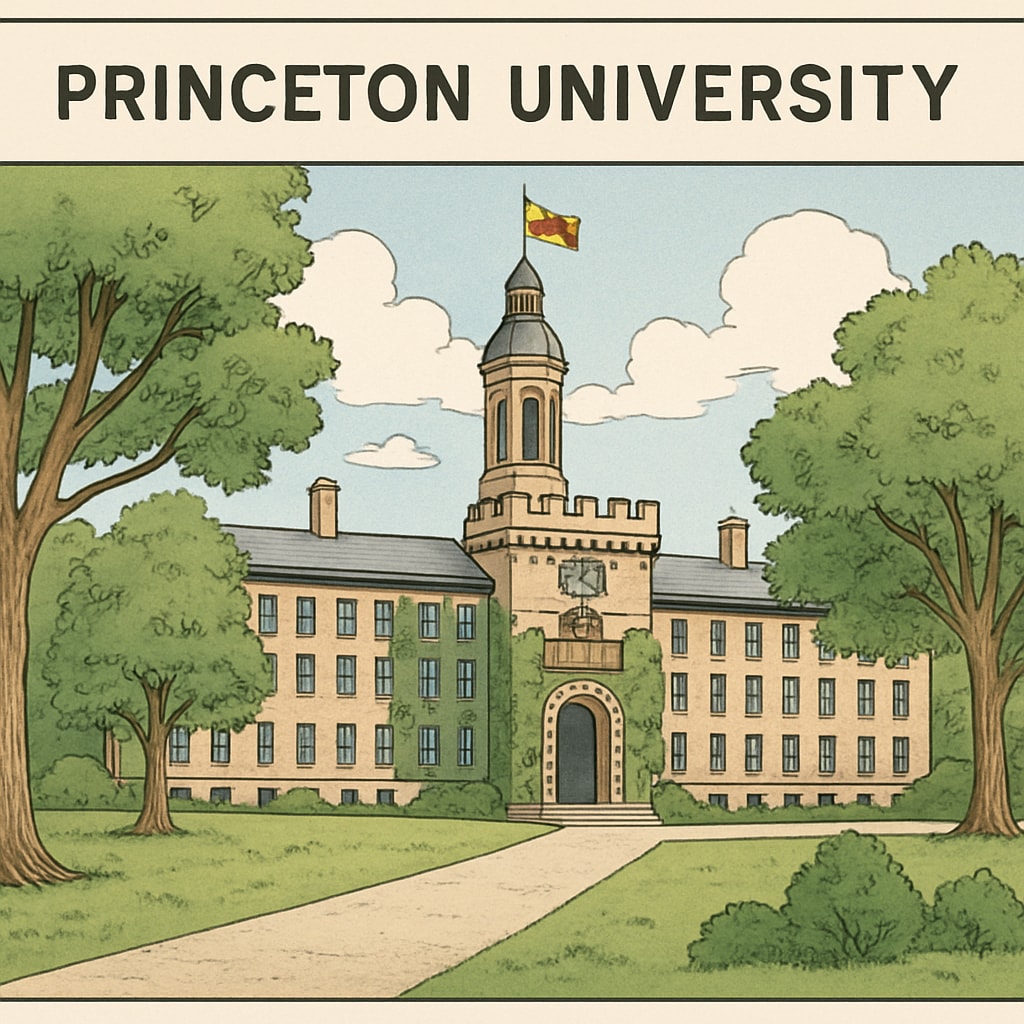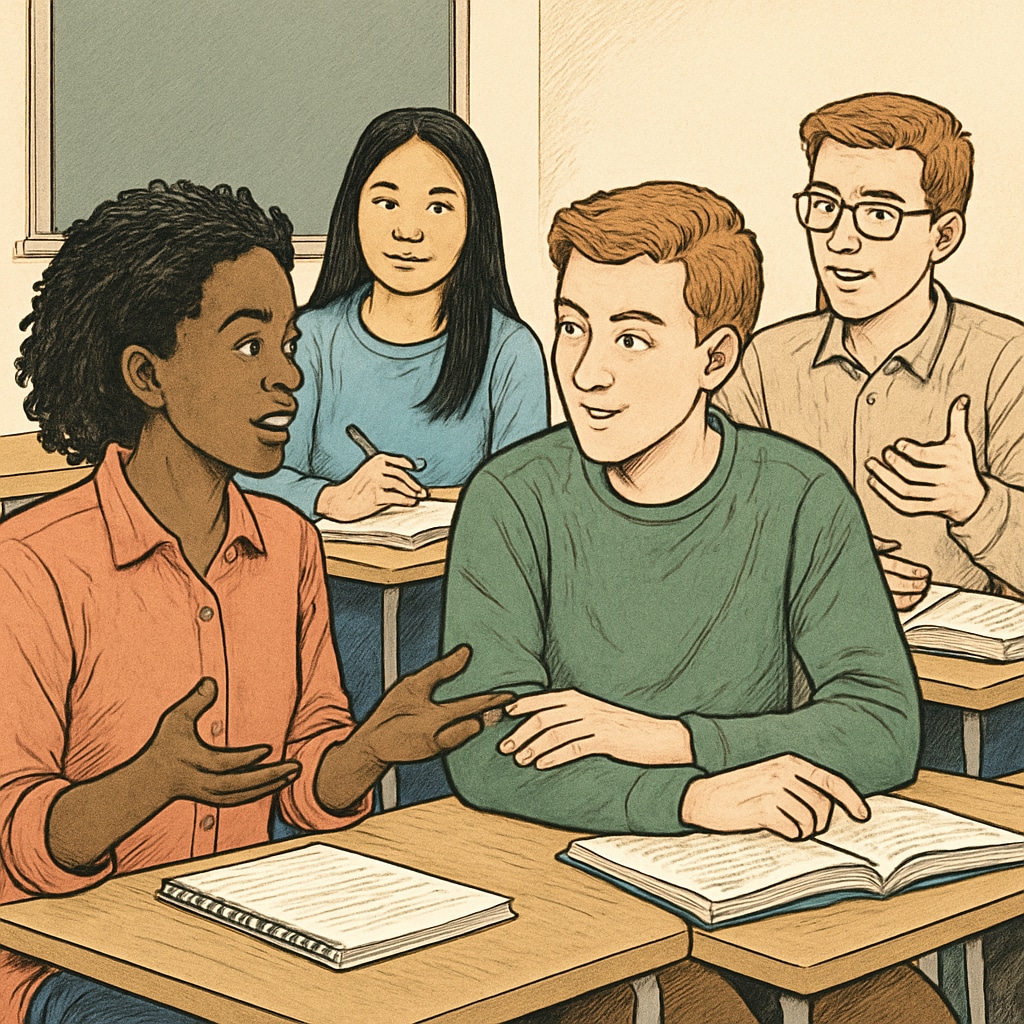The reputation of Princeton and the Ivy League has long been synonymous with excellence in education, but is it truly deserved? The question of whether these institutions’ prestige aligns with their actual educational value has sparked significant debate. While many parents and students in K12 education tirelessly pursue Ivy League admissions, this article seeks to uncover the reality behind the myth, challenging the overestimated perception of their contributions to academic and personal growth.
Are Ivy League Schools Truly Superior?
For decades, Ivy League schools like Princeton have been held as the gold standard of higher education. They are praised for their rigorous academics, illustrious alumni networks, and global recognition. However, many critics argue that their reputation often overshadows their actual impact on student outcomes. For example, the focus on branding may mask deficiencies in fostering critical thinking and innovation, areas where less prestigious institutions often excel.

Moreover, the high cost of attendance raises questions about accessibility and equity. According to research, students from wealthy backgrounds dominate Ivy League admission pools, perpetuating socioeconomic disparities. While scholarships and financial aid programs exist, they often fail to address the broader inequities in the admissions process (Ivy League on Wikipedia).
The Misconceptions Driving Obsession with Elite Schools
The relentless pursuit of Ivy League admissions among K12 parents and students is fueled by several misconceptions. First, many believe that graduating from Princeton or another Ivy League school guarantees career success. While such institutions offer networking opportunities, studies show that long-term career growth depends more on individual competencies and industry experience than alma mater prestige.

Second, the assumption that Ivy League schools offer a universally superior education is flawed. For example, universities like MIT or Caltech outperform Ivy League schools in STEM fields, while liberal arts colleges often provide more personalized learning environments. This highlights the need for families to prioritize fit over reputation (Ivy League on Britannica).
Reevaluating Success Metrics in Education
It’s time to redefine what constitutes success in education. Instead of idolizing Ivy League schools, parents and students should focus on institutions that align with individual passions, career goals, and financial circumstances. By breaking away from the prestige-driven mindset, students are better equipped to thrive in environments tailored to their strengths.
Ultimately, the obsession with Princeton and other Ivy League institutions reflects a broader societal issue: equating reputation with quality. As a result, the true potential of many students remains untapped, overshadowed by the pursuit of status over substance.
Readability guidance: Throughout the article, short paragraphs and lists are used to summarize key points, ensuring clarity. Passive voice is minimized, and transitions like “however,” “therefore,” and “for example” improve flow. Images are strategically placed to complement the content.


